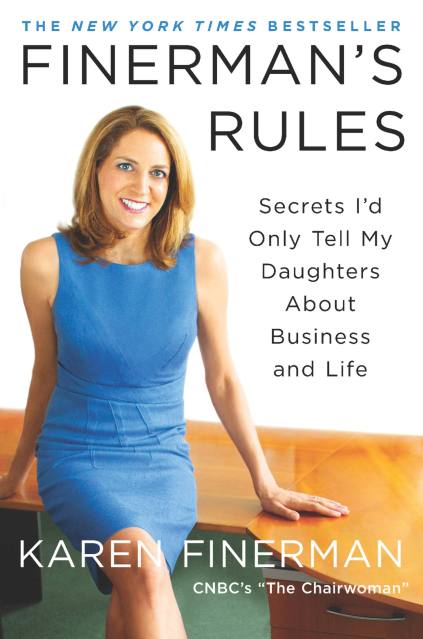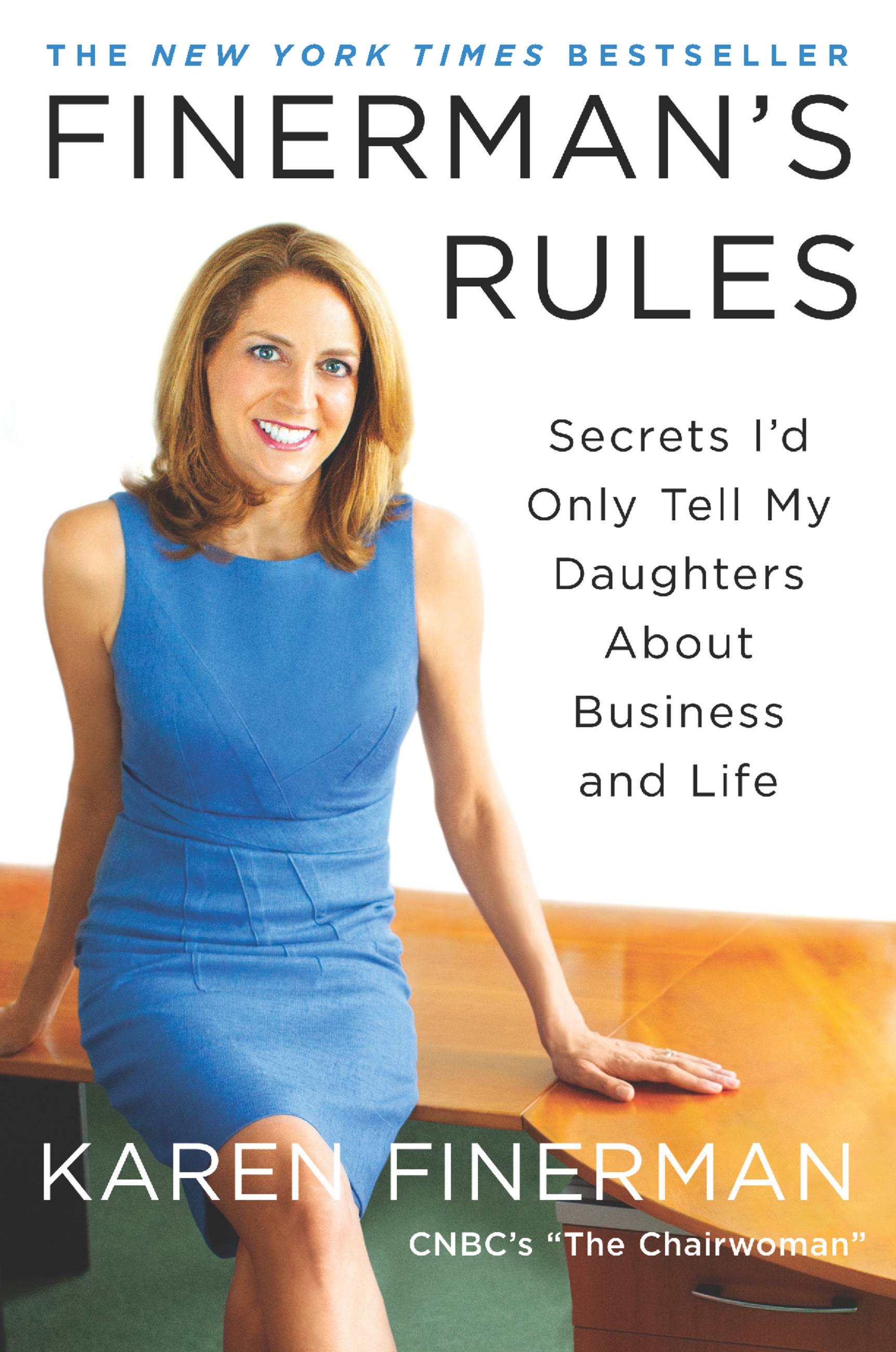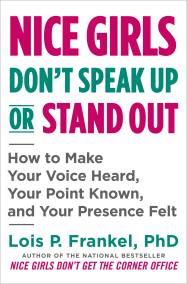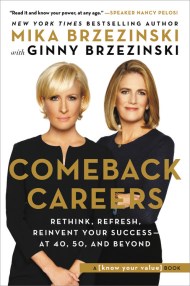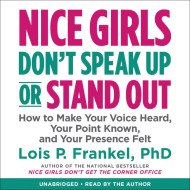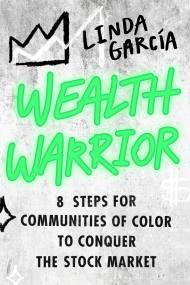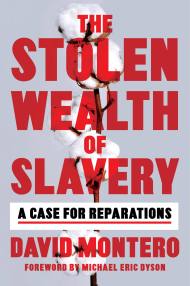Promotion
Use code MOM24 for 20% off site wide + free shipping over $45
Finerman's Rules
Secrets I'd Only Tell My Daughters About Business and Life
Contributors
Formats and Prices
Price
$13.99Price
$17.99 CADFormat
Format:
- ebook $13.99 $17.99 CAD
- Hardcover $27.00 $30.00 CAD
This item is a preorder. Your payment method will be charged immediately, and the product is expected to ship on or around June 4, 2013. This date is subject to change due to shipping delays beyond our control.
Also available from:
In the vein of Lois Frankel's classic bestselling Nice Girls Don't Get TheCorner Office, Karen Finerman—a highly successful hedge fund manager and a mother of four young children—reveals her smart, contrarian strategies for getting ahead and having it all.
Karen Finerman likes to tell people she was raised Calvinist. Or as her mother used to say, "I buy my girls Calvin Klein clothes… Then when they graduate from college, they have to figure out how to pay for them themselves." In order to keep herself in Calvin, Karen went to work on Wall Street.
As a woman working in finance she noticed numerous ways that she and her female colleagues sabotaged themselves both professionally and personally. Why were her friends unable to bring the same logic they applied at work to personal decisions? Why did they often let personal baggage undermine them in the office in a way that her male colleagues never did? A classic illustration is that women tend to Poll (Do I look good in these shoes?) rather than Decide, often giving too much weight to the input from a random stranger rather than rely on their own gut.
Covering three major topics (Career, Money, Love), Finerman's Rules serves up unvarnished advice about getting ahead in your career, overcoming failure, meeting your ideal mate, and navigating the challenges of work-life balance. Most importantly, she offers the reader a crash course in taking control of her financial destiny. Or as Karen puts it, "You wouldn't let a man tell you where to live, how to vote, or what to wear. Then tell me why 80 percent of women have a man in charge of their money?"
Karen Finerman likes to tell people she was raised Calvinist. Or as her mother used to say, "I buy my girls Calvin Klein clothes… Then when they graduate from college, they have to figure out how to pay for them themselves." In order to keep herself in Calvin, Karen went to work on Wall Street.
As a woman working in finance she noticed numerous ways that she and her female colleagues sabotaged themselves both professionally and personally. Why were her friends unable to bring the same logic they applied at work to personal decisions? Why did they often let personal baggage undermine them in the office in a way that her male colleagues never did? A classic illustration is that women tend to Poll (Do I look good in these shoes?) rather than Decide, often giving too much weight to the input from a random stranger rather than rely on their own gut.
Covering three major topics (Career, Money, Love), Finerman's Rules serves up unvarnished advice about getting ahead in your career, overcoming failure, meeting your ideal mate, and navigating the challenges of work-life balance. Most importantly, she offers the reader a crash course in taking control of her financial destiny. Or as Karen puts it, "You wouldn't let a man tell you where to live, how to vote, or what to wear. Then tell me why 80 percent of women have a man in charge of their money?"
Genre:
- On Sale
- Jun 4, 2013
- Page Count
- 288 pages
- Publisher
- Business Plus
- ISBN-13
- 9781455514472
Newsletter Signup
By clicking ‘Sign Up,’ I acknowledge that I have read and agree to Hachette Book Group’s Privacy Policy and Terms of Use
